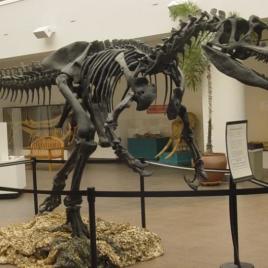One of the major biological cycles of the human body is influenced by mealtimes, a new study suggests. The human body runs on a roughly 24-hour cycle, controlled by a “master” clock in the brain and peripheral clocks in other parts of the body, which are synchronized with external cues, including light and food intake. Previous studies have linked the circadian rhythms with mealtimes, but it’s only recently become possible to study various markers of the peripheral body “clocks.” The focus of this study was the blood sugar rhythms: researchers found that late meals delayed the blood sugar rhythms by as much as five hours. However, the change didn’t influence the participants’ hunger or drowsiness levels. These findings suggest that shift workers and frequent travellers that change time zones should keep their meal times regular to get back to their natural circadian rhythms faster.
Authors:
Sophie M.T. Wehrens, Skevoulla Christou, Cheryl Isherwood, Benita Middleton, Michelle A. Gibbs, Simon N. Archer, Debra J. Skene, Jonathan D. Johnston
Corresponding author:
Jonathan Johnston, University of Surrey, Email: j.johnston@surrey.ac.uk
Original paper published in Current Biology on June 1, 2017.

